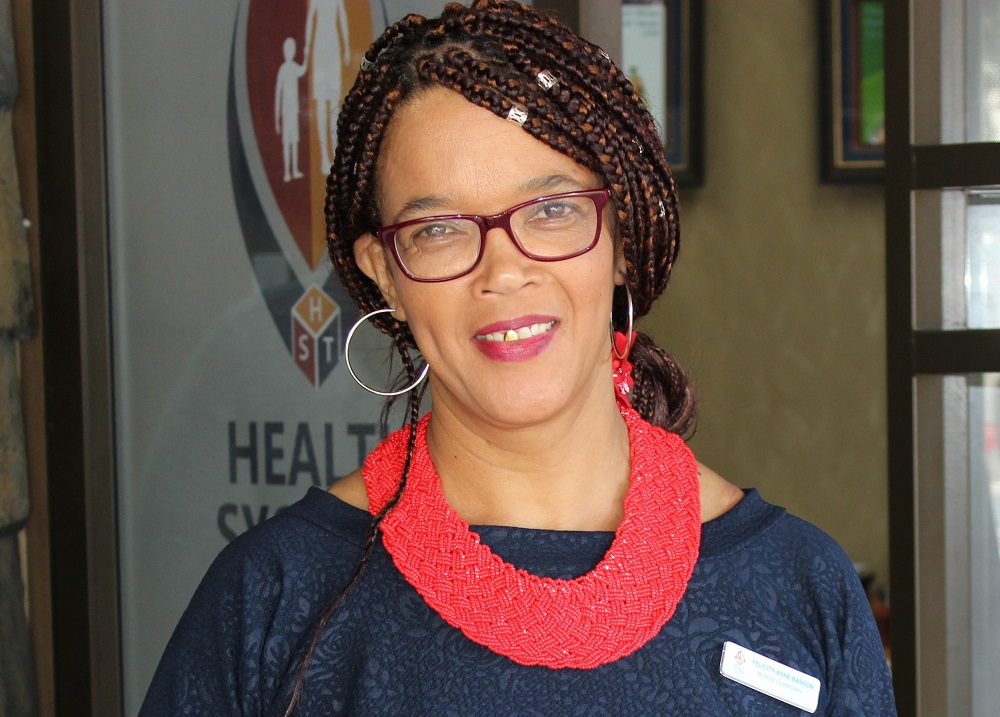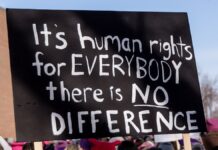In the rolling green hills of the uMgungundlovu district in KwaZulu-Natal lies Vulindlela, a rural community often seen as the epicentre of the HIV and AIDS pandemic in this country. South Africa has the highest number of HIV-infected people in the world, with teenage girls and young women being the hardest hit. For perspective, South Africa’s HIV infection rate is almost 19% of adults. In Vulindlela it is 40%. High unemployment in this community along with drug and alcohol abuse, violence and poverty, make it a dangerous place for young women.
South Africa has the highest number of new HIV infections in the world among adolescent girls and young women (AGYW) aged 15 to 24, who are eight times more likely to be infected with HIV than their male peers. One reason for this is that to survive, many young women are forced into transactional sexual relationships in which they cannot negotiate safe sex.
Through her work in Health Systems Trust’s implementation of the global DREAMS (Determined, Resilient, Empowered, AIDS-free, Mentored, and Safe) Programme, nurse clinician Felicity Basson knows the reality of girls’ lives in this area only too well. She runs the DREAMS programme in the area, providing ‘layered’ interventions with community-based partners.

Basson met a young woman called Xoliswa*. Taking her medical history and doing a physical examination, Basson realised that Xoliswa needed more than just medical treatment – she needed a range of other services, from psychosocial counselling to assistance with obtaining a social grant.
“When I heard her story, my heart jumped out of my chest for this girl,” says Basson. “She had lost contact with her family as her father had abandoned her, and she was living in a very precarious situation with others in a rented room. After she received medical attention, our team engaged with various government departments for assistance: the department of home affairs helped to track her remaining relatives in another town, the department of health did clinical follow-up, and the department of education secured her a place in a new school near her family.”
That was almost a year ago, and Basson says that Xoliswa is now happy, healthy, and living with an aunt elsewhere in the province.
“She is now in Grade 11 at her new school and is achieving academically, has gained weight and is responding well to treatment.” Basson maintains contact with Xoliswa to reassure her that there is someone out there rooting for her. “Follow-up is the most important part of this programme,” says Basson.
For Basson, working in HIV and AIDS response is not just a ‘nine-to-five’ job. Dealing with young women in such situations can be emotionally draining, and it is not always easy to leave work behind when she heads home.
“We are professional healthcare workers, but we are also human,” she explains. “Sometimes it’s difficult to stop thinking about a girl who is in a very bad situation. But if we follow-up and can see her making progress, it really keeps us motivated.”
She also draws inspiration from these girls and the knowledge that once they are given support and informed about their rights and how to access services, they will “pay it forward” and assist other girls.
“I have a WhatsApp group of over 500 girls with whom I’ve interacted under this programme. I send them a motivational message a couple of times a month and answer their questions about health and other issues. This is vital when they are still new to the programme and vulnerable. My job is to refer them to the next level of care so they can be empowered to return to normal life. They have told me that this helps them to feel strong. They need to know that someone is watching out for them.”
If you need advice or help about HIV and AIDS, please contact the SANAC National Hotline 012 395 9078.
*Not her real name

![HIV AIDS sign flickr [slider]](https://www.thedailyvox.co.za/wp-content/uploads/2016/07/HIV-AIDS-sign-flickr.jpg)







